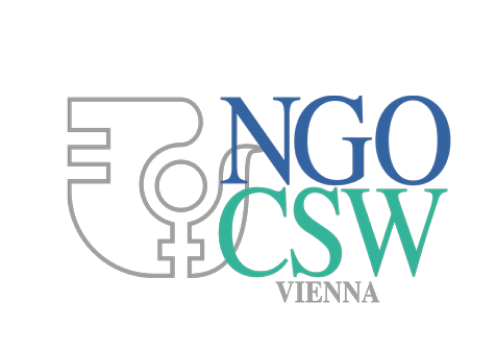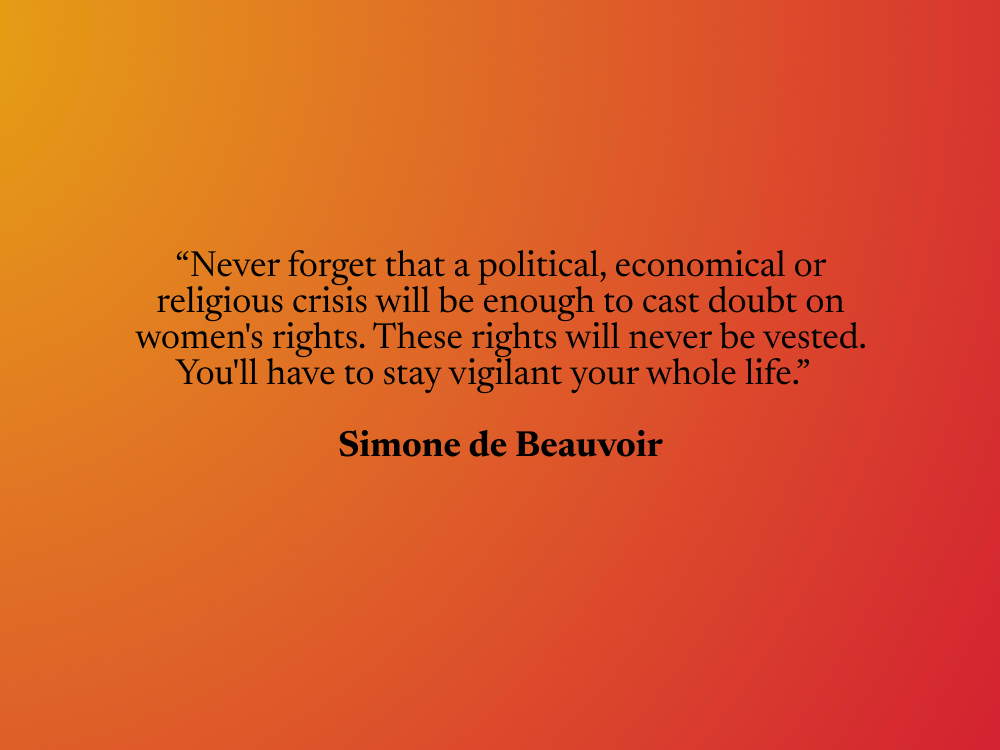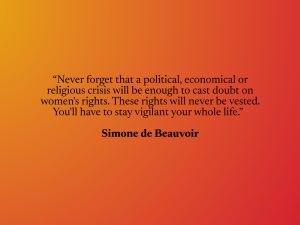Tuesday, May 24, 2016
2:20 – 3:10 PM, Room MOE100
Two experts on the impact of armed conflict and violent extremism on women will address women’s role in early recognition and response to signs of radicalization within the family and within society, and the international legal framework on women, peace and security (UN Security Council Resolution 1325).
Panelists
Lilian Hofmeister, Member, Committee on the Elimination of All Forms of Discrimination against Women (CEDAW)
Alexa Greenwald, Program Manager, Mothers Schools Against Extremism, Women Without Borders
Moderator
Martina Gredler, Chair, NGO Committee on the Status of Women Vienna
This Side Event was co-sponsored by IAW, IADL and Soroptimist International and organized by NGO CSW Vienna.
Dr. Lilian Hofmeister
Dr. Lilian Hofmeister is a renowned judge and Substitute Justice of the Austrian Constitutional Court. She is a leading Austrian expert in the field of advancement of women’s rights, women’s access to justice and in particular elimination of discrimination against women.In 2014 she was elected to be a Member of the Committee on the Elimination of All Forms of Discrimination against Women (CEDAW). A long-term activist on women’s rights issues, she has been a member of the Austrian delegation to the UN Commission on the Status of Women, and was a participant in the 4th World Conference on Women in Beijing in 1995.
The International Legal Framework on Women, Peace and Security
I. War instead of peace
There is a deep connection between the organization of warrior societies and patriarchy, therefore peace is not a category of social reality. Any time period is a post-war period on the one hand or a pre-war period on the other hand. Patriarchy is “the structure behind the structures” and can be described as the rule of old men. It works with creating unfair hierarchies and performing exclusion. Societies are vertically structured and this seems to be perfectly “natural” and typical of human coexistence. In a globalized world, war means big business!
II. Gender Bias: Article 5 of CEDAW
This provision is the key element of the CEDAW Convention. It formulates the obligation of State Parties to take all appropriate measures to eliminate stereotyped gender roles based on the idea of the inferiority of women and girls.
III. Some examples of legal instruments and current tools of interpretation
CEDAW and Optional Protocol
Beijing Declaration and Platform for Action, Beijing 1995
UN SCR 1325/ 2000; 1820/ 2008; 1888 and 1889 /2009; 1960/ 2010; 2242/ 2015
General Recommendation/CEDAW Committee No 19/1992 and 30/2013
IV. Conclusion
Contribution of CEDAW Committee, civil society and Human Rights NGOs
Peace instead of war !!!!
Ms. Alexa Greenwald
Alexa Greenwald is Program Manager of Women without Borders’ Mother School Against Extremism initiative, empowering mothers with the competence and confidence to recognize early warning signs of radicalization in their children. She supports the project’s research, implementation, development and evaluation across nine countries in Europe and abroad. Ms. Greenwald is a young researcher from the University of Chicago specializing in public policy and youth delinquency. Her former research focused on how community disinvestment affects youth development. This led her to the field of youth radicalization and her involvement in the innovative Mothers School approach to countering violent extremism.
Women without Borders and The Mothers Schools
Women without Borders builds women’s capabilities through education, collaboration and self-confidence: key tools for establishing a female power base in countries targeted by violent extremism. In 2012, Women without Borderslaunched a study of the perceptions of women living in communities immersed in violent extremism. Based on the findings, Women without Borders developed the Mothers School Against Extremism Model, the first family-centered counter-radicalization platform.This initiativeempowers and equips mothers to safeguard their adolescent and young adult children from the threat of radicalization and recruitment. The role of mothers is a key, yet underestimated, tool in how we approach terrorism and worsening global volatility.
Mothers Schools have been implemented in Tajikistan, Pakistan, India/Kashmir, Nigeria, Indonesia and Zanzibar, successfully strengthening family and community resilience. The model launched in Belgium and Austria in 2015 to address the ongoing recruitment of young foreign fighters to ISIS. Mothers Schools are now running in England, and will soon begin in Sweden, France and Macedonia. Bringing the Mothers School model to Europe is the next step toward the goal of creating a global Mothers School movement, spreading and adapting the model to all communities targeted by violent extremism, and establishing a united front of prepared family members.






